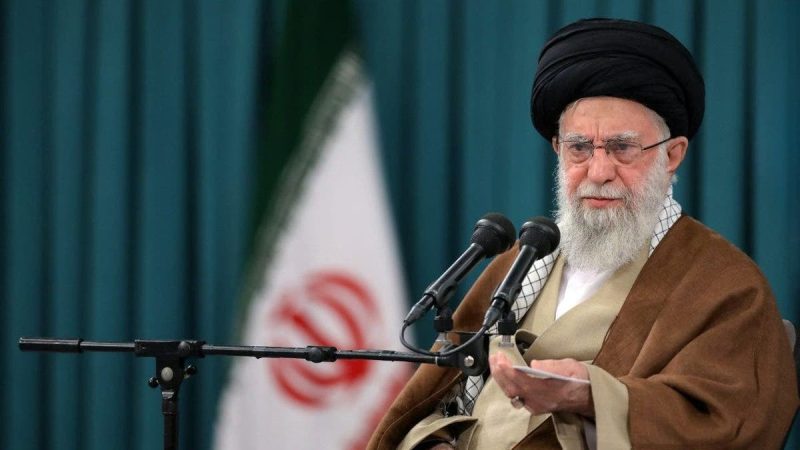In a recent show of force that highlights the escalating tensions in the Middle East, Israel reportedly conducted a successful strike in Lebanon that resulted in the demise of four Hezbollah operatives. The targeted attack has sent shockwaves through the region, raising concerns about the potential for retaliation from Hezbollah and its sponsor, Iran.
The incident comes at a delicate time when the already volatile situation in the Middle East is further complicated by various geopolitical, religious, and sectarian conflicts. Lebanon, a country already plagued by political instability and economic hardships, now finds itself at the center of a brewing storm as it grapples with the aftermath of the reported Israeli strike.
Hezbollah, a prominent Shiite militant group based in Lebanon and backed by Iran, has long been a thorn in the side of Israel, engaging in numerous conflicts with the Israeli military over the years. The targeted operatives were likely part of Hezbollah’s military infrastructure, involved in planning and executing attacks against Israeli interests.
Israel’s willingness to conduct such a strike deep inside Lebanese territory signifies its commitment to thwarting perceived threats to its security, even at the risk of inflaming regional tensions. The precision and effectiveness of the operation underscore Israel’s military capabilities and its determination to eliminate potential threats before they materialize.
As the dust settles from this latest incident, the broader implications for the region are yet to fully manifest. Iran, a key ally of Hezbollah and a sworn enemy of Israel, may see this strike as an affront to its influence in Lebanon and the wider Middle East. The possibility of an Iranian retaliation, either directly or through its proxies, looms large, potentially triggering a wider conflict with far-reaching consequences.
The international community, already preoccupied with a myriad of global challenges, must closely monitor the situation and work towards de-escalating tensions in the Middle East. Diplomatic efforts aimed at fostering dialogue and promoting peaceful resolutions to conflicts in the region are crucial to preventing further bloodshed and destabilization.
The reported Israeli strike in Lebanon serves as a stark reminder of the complex web of alliances and rivalries that define the Middle East and the perpetual struggle for power and influence in the region. As the world watches nervously, hoping for a peaceful resolution to the brewing crisis, the future remains uncertain, with the specter of conflict looming large on the horizon.

